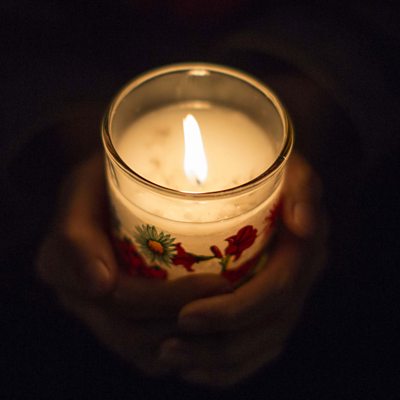Episode details

Radio 4,3 mins
".....each person a citizen in their own right, who and what does a flag represent?" Professor Mona Siddiqui - 25/06/15
Thought for the DayAvailable for over a year
Since the tragic killing of 9 African American parishioners in a South Carolina church last week, there’s been an increased focus on two of the most toxic subjects of political debate in America, race and gun laws. But this event has also forced a renewed discussion on the confederate flag. Many see this flag as a symbol of black oppression and white supremacy, others see it as a symbol of freedom, America’s past and a commemoration of those who died in the civil war. Now pressure is mounting to withdraw the Confederate battle flag across the US, including the governor of South Carolina Nikkie Haley who called for its removal from the state house. Big commercial companies have also announced bans on the sale of the flag merchandise. Like anything else the historical reality is complicated but is being played out as a contest between heritage or hate. In a world where #s can inspire instant action, the hashtag take it down has created a new momentum to ban the flag. Banning symbols of division even hatred can seem like the first step towards a more inclusive world, but just societies are built on compassionate relationships, a shared vision for the future, not symbols even if they’re as potent as flags. Today, when religious, ethnic and racial diasporas are everywhere, each person a citizen in their own right, who and what does a flag represent? If you want to spread a message of supremacy or division, you don’t need a flag. It’s reported that days after this mass murder, online messages by certain groups complained that the call to ban the confederate flag was yet another sign that multiculturalism was being pushed down their throats and to quote ` if it ain’t white, it ain’t right.’ Our freedom means that we can all learn to hate and defend our hatred of others as a human right. And hatred and exploitation have no boundaries. One of the most potent images of the militant group Isil is their black flag on which is written in white letters, there is no God but God and Muhammad is his messenger. For Muslims this is the first pillar of their faith, part of prayer but which now on this flag, means only death and destruction. For Isil, the flag cuts through the complexities of religious and political life with its simple message that if you join them, you’re nearer to God. They have replaced the Qur’anic challenge to know another with their own command to oppress one another. Isil thrives on creating imaginary bonds with those Muslims for whom the black flag is now more attractive than the flag of their own country. Flags may be divisive symbols of a past, even the present but it’s how we continue to act together in the spirit of unity which determines a nation’s future.
Programme Website